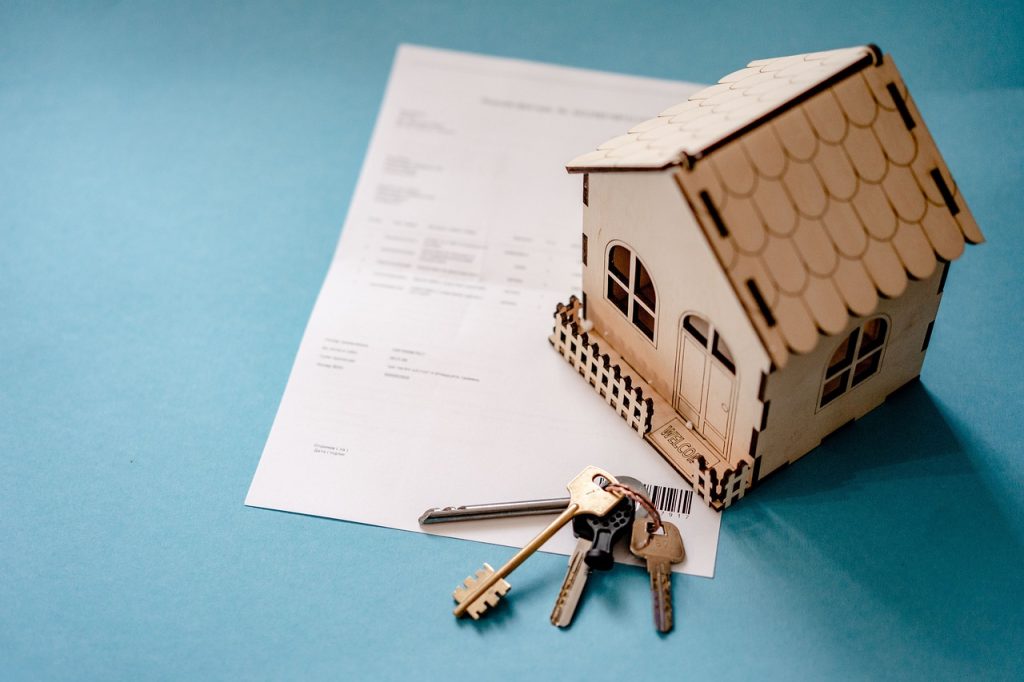To buy a new home you will most likely need a home loan, which means you need to start preparing before you start house hunting. What are the steps you need to take to ensure that you have everything ready once you find the home of your dreams? Here’s a comprehensive guide to help you prepare:
Evaluate Your Finances
Take a close look at your income, expenses and savings. Determine how much you can realistically afford to spend on a mortgage payment each month. Lenders typically use the 28/36 rule, where your mortgage payment shouldn’t exceed 28 percent of your gross monthly income and your total debt payments (including the mortgage) shouldn’t exceed 36 percent.
Stay Financially Stable
Avoid making any major financial moves — such as changing jobs or making large purchases — while you’re in the process of applying for a home loan. Lenders want to see stability and consistency in your financial situation.
Check Your Credit Score
Any lender will tell you that your credit score plays a crucial role in determining your eligibility and the interest rate you’ll receive. Before you talk to a lender, request a free copy of your credit report from Equifax, Experian and TransUnion. Review them for any errors. If your score is low, take steps to improve it, such as paying down debt and making payments on time.
Save for a Down Payment and Closing Costs
Start saving for a down payment, which is typically 3 percent to 20 percent of the home’s purchase price. The type of loan you are eligible for will determine how much of a down payment you will need, as not all loans require a 20 percent down payment. Additionally, you’ll need to cover closing costs, which can range from 2 percent to 6 percent of the loan amount. Having these funds saved up demonstrates financial responsibility to lenders.
Understand Additional Costs
In addition to your monthly mortgage payment, homeownership comes with other expenses, such as property taxes, homeowners insurance, private mortgage insurance (if your down payment is less than 20 percent) and maintenance costs. Make sure to factor these into your budget.
Gather Necessary Documents
Lenders will require various documents to process your loan application, including proof of income (pay stubs, W-2 forms, tax returns), proof of assets (bank statements, investment account statements), employment verification, identification (driver’s license, passport) and documentation of any additional debts or obligations.
Get Pre-approved
It’s a good idea to get pre-approved for a mortgage. This involves submitting a mortgage application and providing the necessary documentation to a lender, who will then assess your financial situation and determine the amount they’re willing to lend you. Pre-approval gives you a clear understanding of your budget and makes you a more attractive buyer to sellers.
Research Mortgage Options
A lender can help steer you in the direction of the right loan for you, but it’s still a good idea to do your own research. There are various types of mortgages available, each with its own terms and conditions including fixed-rate mortgages, adjustable-rate mortgages (ARMs), FHA loans, VA loans and USDA loans.
Compare Lenders
Don’t just settle for the first lender you come across. Shop around and compare rates, fees and customer service from multiple lenders to ensure you’re getting the best deal possible.
Prepare and Then Visit Balmoral
Once you’re prepared, visit Balmoral. Our community offers a range of home choices and builders. Many of our builders can even help you secure a home loan. Stop by and let us show you how amazing lagoon life can be.

